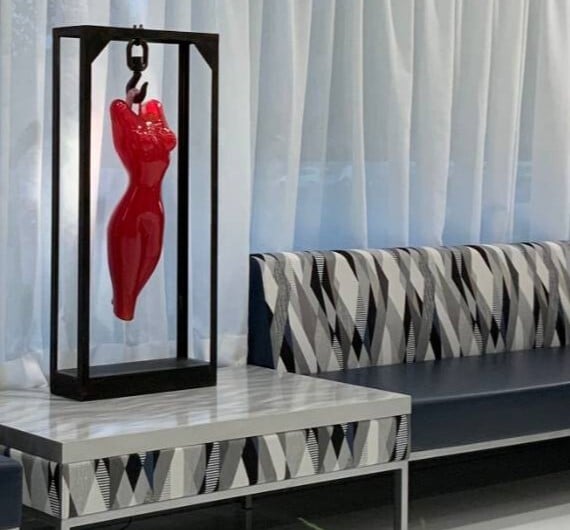Breast Feeding and Breast Implants
I have been asked this question numerous times by my patients. The answer is very simple. Whether the implants are above the muscle, or they are below the muscle, the answer is the same. There is absolutely no issue with breast feeding and breast implants. The silicone does not leech into the breast milk. Breast feeding will not hurt your implants. Breast feeding will not cause a capsule contracture. What breast feeding will do is cause the breasts to enlarge and stretch. This may result in some damage to your breasts, and maybe you might need a breast lift to rejuvenate them, but the fact that you have implants inside your breasts is totally irrelevant.
Breast Feeding and Breast Augmentation Surgery
This is an entirely different matter. Not infrequently, a woman will come to me for a breast augmentation consultation. There is the history of recent breast feeding. When can she have surgery?
- I will not perform breast implant surgery on a woman who is actively lactating. That includes breast feeding or still producing breast milk. It makes no sense. The breasts are still engorged and not at their usual state, so it will be hard to assess them for implant size. The breasts are producing milk, which could get into the sterile field during surgery and increase the risk for infection or capsule contracture. It simply makes no sense.
- Breast milk production has ceased, when can surgery be performed? Some use a hard and fast rule like “wait four months.” I do not follow this. As long as breast milk production has stopped, the next issue is the size of the breasts. If they are still engorged, or larger than usual, I would prefer until they decrease in size to their steady-state size, which may be larger or smaller than pre-pregnancy, but at least they have stabilized. The breast tissue should feel normal, not engorged or swollen. Remember, this is an elective, aesthetic procedure, and as such, there is no reason to increase the risk for complications by poor surgical timing.
- Some women will still produce tiny amounts of nipple discharge, despite the fact that their breasts otherwise look and feel fairly normal. Why is this? Some women, and this is far more common then one would think, have a benign (non-cancerous) pituitary gland tumor called a prolactinoma, a “micro-adenoma” (micro-tumor) that secretes prolactin, the hormone that causes milk production. This will result in frequent nipple discharge of milk. I usually order a special CT scan of the sella turcica, the portion of the skull that contains the pituitary gland, as well as check a serum prolactin level. If there are any positive findings, I refer these women to an endocrinologist. Sometimes oral medication is given to stop the lactation, sometimes it is not needed. I have performed breast augmentation on several women with prolactinomas, and all the surgeries went without any issues.
Sections – What Else Should I Know
- Breast Augmentation with Fat
- Will my breasts be symmetric?
- How far apart will my breasts be? Will I have cleavage?
- The truth about incision size
- Do breast implants need to be routinely changed?
- Things We Cannot Control: Wound healing, tissue stretch and gravity
- Breast Augmentation and Lactation
- Setting realistic expectations for your result
- Breast Implant Rupture – How To Know? – Are Routine MRI Scans Really Necessary?
- Mondor’s Cords – What Are They?
Prev Chapter: Breast Lift (Mastopexy) with/without Implants or Fat »
Next Chapter: Important Things to Consider When You Decide to Move Forward With Breast Augmentation »
Chapters – Breast Augmentation Guide
- Intro to Breast Augmentation
- Motiva Breast Implants
- Five key decisions you need to make
- One-Day Recovery Breast Augmentation
- Anesthesia – General, Sedation or Local?
- Breast Lift (Mastopexy) with/without Implants or Fat
- What else should I know about breast augmentation?
- Important Things to Consider When You Decide to Move Forward With Breast Augmentation
- Revision of breast augmentation
- ALCL and Breast Implant Illness


